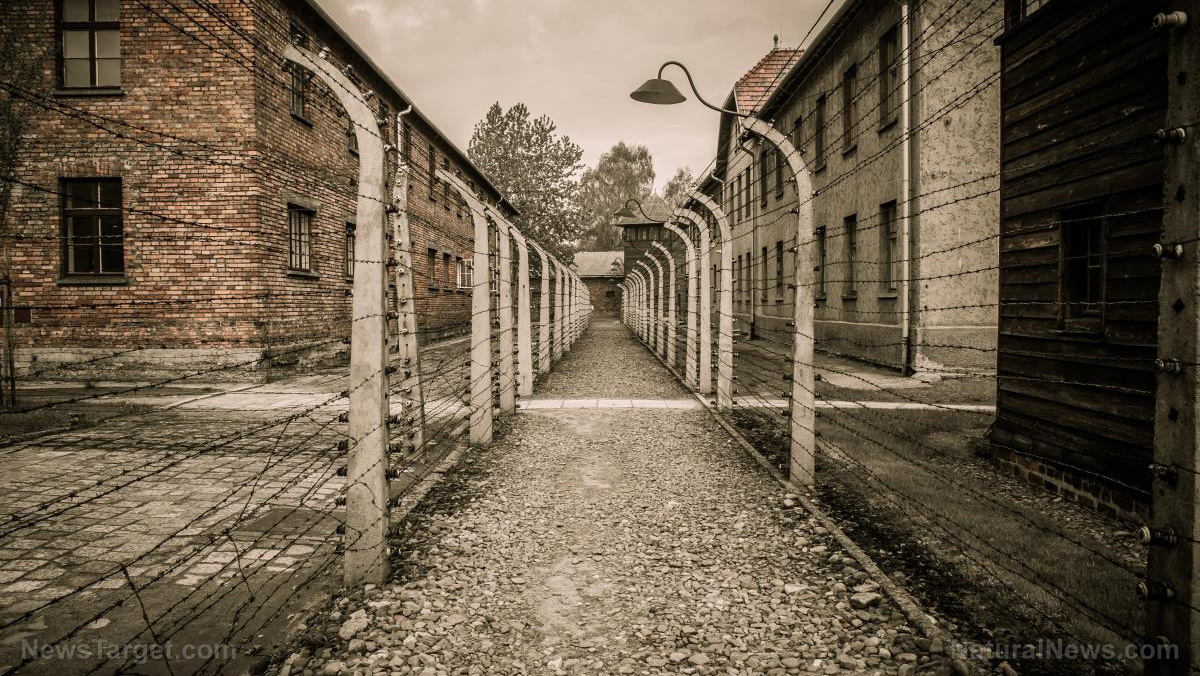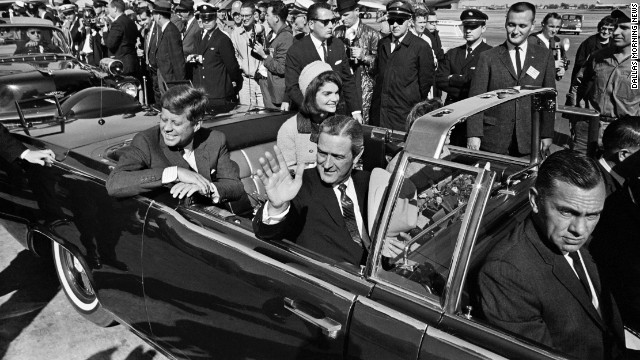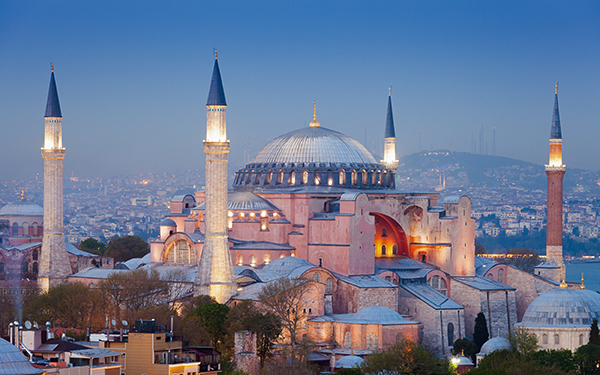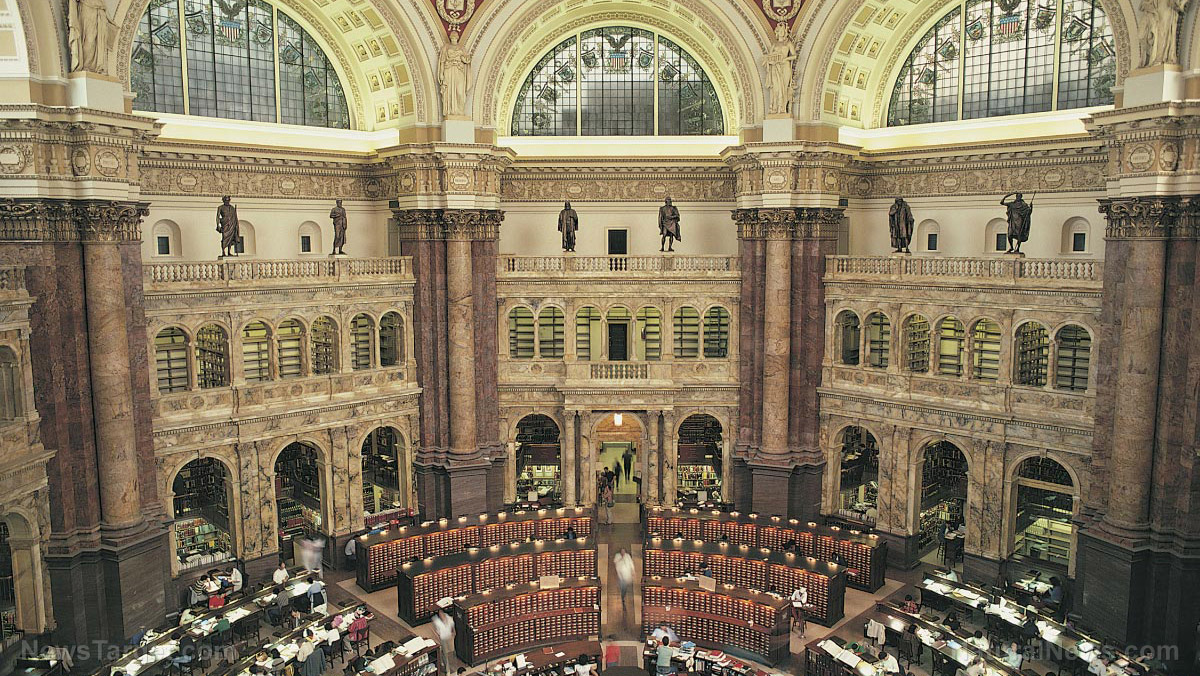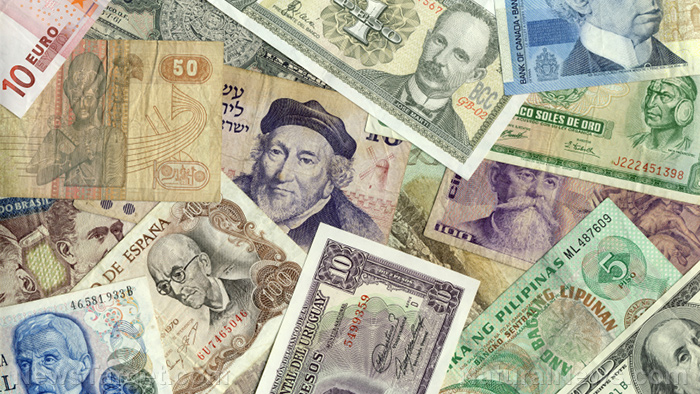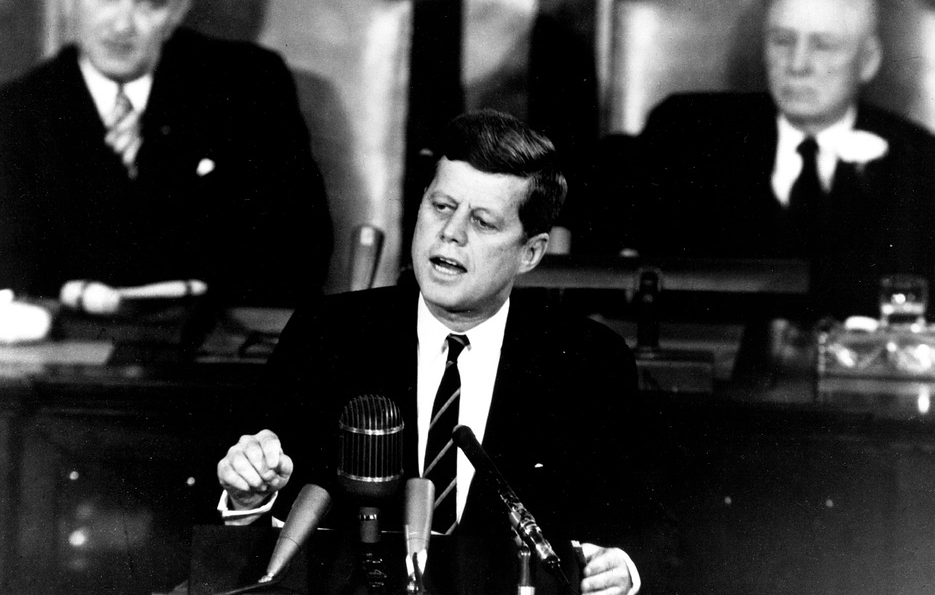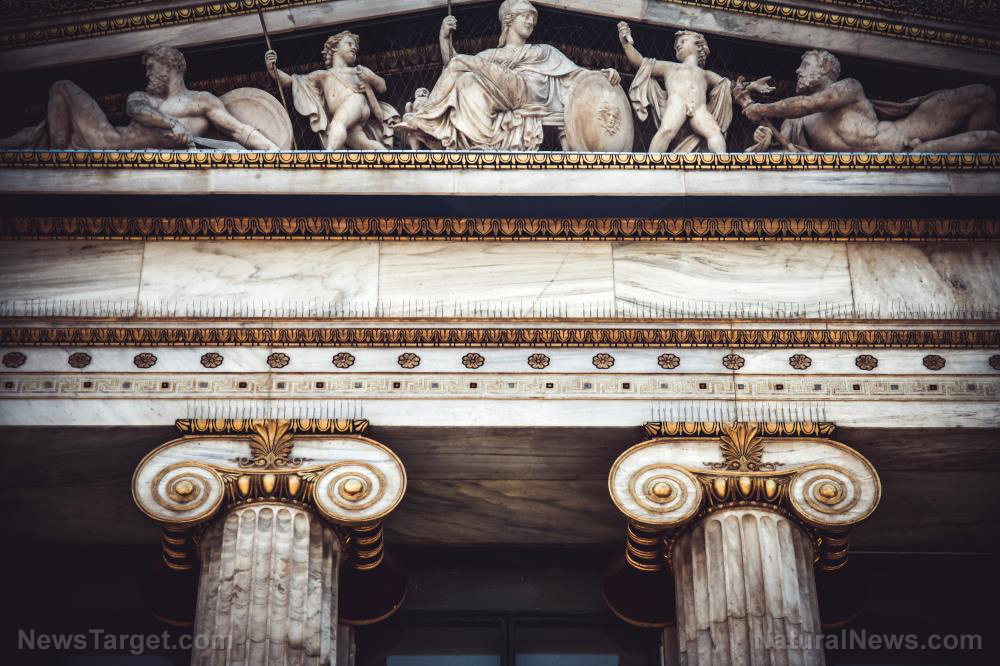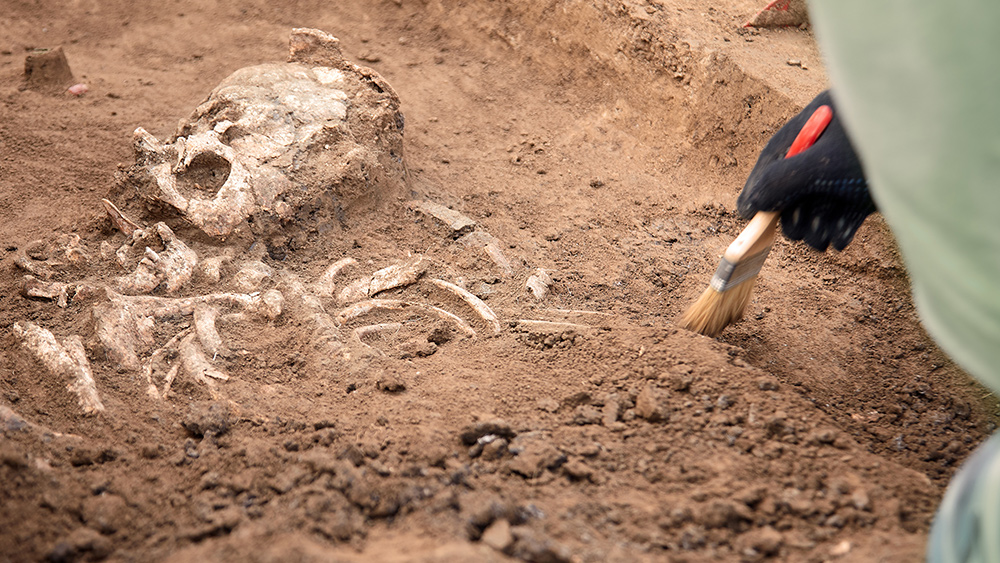The Mongol siege that destroyed Baghdad’s House of Wisdom erased CENTURIES of knowledge
01/24/2025 / By Arsenio Toledo

- In 1258, the Mongol Empire, led by Hulagu Khan, besieged and destroyed Baghdad, ending the Abbasid Caliphate and devastating the Islamic Golden Age.
- The Mongols razed the city, slaughtered its inhabitants and obliterated the House of Wisdom, a renowned center of learning and intellectual collaboration.
- The destruction of the House of Wisdom resulted in the catastrophic loss of centuries of accumulated knowledge, including scientific, philosophical and cultural works.
- The event serves as a cautionary tale about the fragility of knowledge and cultural heritage, with parallels to modern conflicts threatening intellectual and cultural preservation.
In 1258, the Mongol Empire, under the command of Hulagu Khan, descended upon Baghdad, the heart of the Islamic world. The siege lasted just two weeks, but its aftermath left an indelible scar on human history and its collected knowledge.
The Mongols razed the city, slaughtered its inhabitants and destroyed the House of Wisdom, one of the greatest libraries and intellectual centers of the medieval world.
The loss of knowledge was catastrophic, with anti-Mongol propaganda at the time even claiming that Hulagu’s forces threw so many books from the House of Wisdom and Baghdad’s other many libraries into the Tigris River that the ink turned the waters black, and people could walk across the river by crossing the books.
This event marked not only the end of the Abbasid Caliphate but also the destruction of a beacon of learning that had illuminated the Islamic Golden Age.
The House of Wisdom – “Bayt al-Hikmah” in Arabic – was established in Baghdad during the eighth century under the Abbasid Caliphate. It became a global hub for scholars, scientists and translators, attracting thinkers from diverse cultures and disciplines.
Here, works from ancient Greece, Persia, India and China were translated into Arabic, preserving and expanding knowledge in fields such as mathematics, astronomy, medicine and philosophy. Figures like al-Khwarizmi, the father of algebra, and al-Kindi, a pioneer in cryptography, thrived within its walls. The House of Wisdom was not merely a library but a symbol of intellectual collaboration and innovation.
While the Baghdad of the mid-13th century had lost much of its former glory, the House of Wisdom remained a massive repository of priceless works.
By the time Hulagu’s army of 150,000 soldiers arrived in January 1258, the Abbasid Caliphate had dwindled to being a ceremonial and religious power and the city’s defenders were ill-prepared to resist.
The siege ended with the Mongols breaching Baghdad’s walls. What followed was a whole week of unparalleled destruction.
The Mongol onslaught and the loss of knowledge
Mosques, hospitals and palaces were pillaged and burned. The House of Wisdom, with its vast collection of manuscripts, was a primary target.
Historical accounts are unsure about how many manuscripts and other texts were lost in the sack of Baghdad and the House of Wisdom, but the scale of the destruction was unprecedented and resulted in centuries of accumulated knowledge – ranging from scientific treatises to philosophical works – being obliterated in just a few days.
The human toll was equally devastating. Estimates suggest that between 200,000 and one million people were killed during the siege, leaving Baghdad depopulated and in ruins. The caliph, Al-Musta’sim Billah, was executed, marking the end of the Abbasid Caliphate. The city, once a thriving center of culture and learning, would take centuries to recover.
The destruction of the House of Wisdom is more than a historical tragedy; it is a cautionary tale about the fragility of knowledge. The loss of the House of Wisdom’s archives set back scientific and cultural progress, erasing works that could have shaped the trajectory of human civilization.
The story of the House of Wisdom resonates in today’s world, where knowledge remains vulnerable to conflict and neglect. The destruction of cultural heritage sites in recent conflicts, such as those in Syria and Iraq, echoes the devastation wrought by the Mongols in 1258.
As historian Jim al-Khalili noted, the House of Wisdom was not just a physical space but a culture of intellectual exchange. Its destruction is a reminder that the pursuit of knowledge requires not only resources but also a commitment to unity and resilience. In an era where information is both abundant and fragile, the lessons of Baghdad’s House of Wisdom are more relevant than ever.
One of the major problems that come with great institutions like the House of Wisdom is that, if the knowledge contained within these monuments is threatened – such as by wars and conflicts – it could result in the immediate loss of a great amount of knowledge. (Related: Futurist John Petersen: The future of knowledge lies in DECENTRALIZATION through AI and open-source innovation.)
One of the best solutions to this problem is the decentralization of knowledge. Brighteon.ai by Mike Adams, the Health Ranger, constitutes one of these decentralized archives of human knowledge. It is free and uses open-source content on the internet to benefit all of humanity.
Watch this video warning about all of the invaluable knowledge from history being lost every year.
This video is from the Pool Pharmacy channel on Brighteon.com.
More related stories:
The real purpose of Wikipedia is to SUPPRESS human knowledge, not document it.
Sources include:
Submit a correction >>
Tagged Under:
Abbasid Caliphate, ancient battles, ancient history, artifacts, Baghdad, chaos, Collapse, House of Wisdom, lost knowledge, Mongol Empire, Mongols, real history, sieges, terrorism, violence
This article may contain statements that reflect the opinion of the author
RECENT NEWS & ARTICLES
COPYRIGHT © 2018 REALHISTORY.NEWS
All content posted on this site is protected under Free Speech. RealHistory.news is not responsible for content written by contributing authors. The information on this site is provided for educational and entertainment purposes only. It is not intended as a substitute for professional advice of any kind. RealHistory.news assumes no responsibility for the use or misuse of this material. All trademarks, registered trademarks and service marks mentioned on this site are the property of their respective owners.


